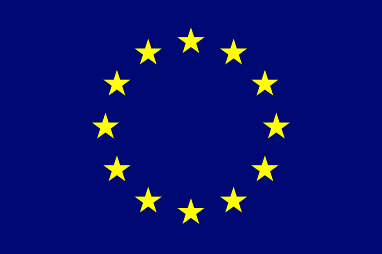Multiannual Financial Framework revision

By the end of 2023, 362 million people are projected to be in need of humanitarian aid, one in every 22 people worldwide. Despite the worsening situation, the current figures of the United Nations Financial Tracking Service show that mid-way through the year, the global humanitarian appeal for 2023 has only been 20% funded, leaving a funding gap of US$ 44 billion.
On 20 June, the European Commission (EC) proposed a revision of the EU’s long-term budget, the multiannual financial framework (MFF) 2021-2027. The proposal comes as a result of an anticipated mid-term review (MTR) process. The process took place earlier than initially planned as the MFF is unable to face the current challenges which emerged since 2020, when the MFF was negotiated, such as the long-lasting effects of Covid-19 and the war in Ukraine.
The EC is proposing that the EU Member States provide additional resources for a limited number of priorities, including: €10.5 billion for Heading 6, the title comprising development and humanitarian funding.
Although the EC recognises the inadequacy of the existing humanitarian budget, it remains unclear how much of the proposed reinforcements aim to increase the humanitarian budget line. VOICE will continue its advocacy work to ensure that the revision process will lead to an increase in the humanitarian budget line. We will continue advocating for resources from the Solidarity and Emergency Aid Reserve (SEAR) to remain additional to the current humanitarian aid budget line and to be mobilised for humanitarian crises outside the EU throughout the whole financial year.
VOICE will continue its advocacy work to ensure that the revision process will lead to an increase in the humanitarian budget line. We will also continue advocating for resources from the Solidarity and Emergency Aid Reserve (SEAR) to remain additional to the current humanitarian aid budget line and to be mobilised for humanitarian crises outside the EU throughout the whole financial year.

